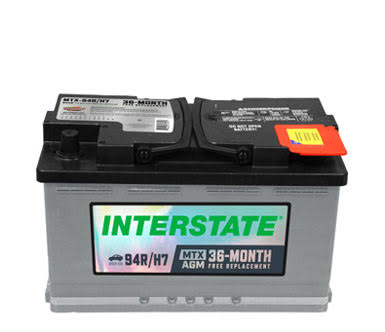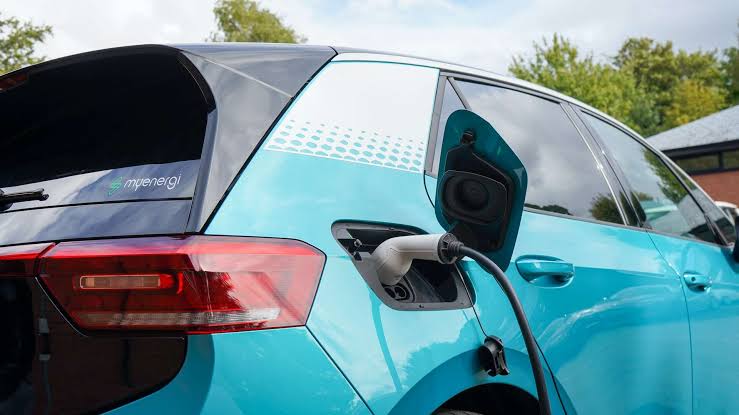From conquering rugged terrain to towing heavy loads, the Ford F-150 is a powerhouse on and off the road. But behind every powerful truck is a reliable battery that provides the necessary energy to start the engine and power essential systems. In this comprehensive guide, we’ll delve into everything you need to know about Ford F-150 batteries.
The Heart of Your Truck: Understanding Ford F-150 Batteries
The battery in your Ford F-150 serves as the primary source of electrical power, supplying the energy needed to start the engine, operate lights, power accessories, and more. Without a functioning battery, your truck would be unable to perform even the most basic functions.
Signs Your Battery Needs Attention
- Slow Engine Crank: If you notice that your engine cranks slowly or struggles to start, it could be a sign of a weak or failing battery.
- Dim Lights: Dim or flickering headlights, interior lights, or dashboard lights may indicate an issue with your battery or electrical system.
- Warning Lights: Pay attention to warning lights on your dashboard, such as the battery or charging system warning light, which could indicate a problem with your battery or alternator.
- Corrosion: Check for corrosion on the battery terminals or cables, as buildup can interfere with the battery’s ability to function properly.
Choosing the Right Battery for Your Ford F-150
When it comes time to replace your Ford F-150’s battery, it’s essential to choose the right one for your specific model and driving needs. Here are some factors to consider:
- Battery Type: Ford F-150s typically use lead-acid batteries, which come in two main types: Absorbent Glass Mat (AGM) and Flooded Lead-Acid. AGM batteries offer several advantages, including better performance in extreme temperatures and longer lifespan, making them a popular choice for F-150 owners.
- Cold Cranking Amps (CCA): CCA measures a battery’s ability to start an engine in cold temperatures. Since Ford F-150s are often used in harsh climates and challenging conditions, opt for a battery with a high CCA rating to ensure reliable starting power, especially during cold winter months.
- Reserve Capacity: Reserve capacity refers to the amount of time a battery can supply power in the event of an alternator failure. A higher reserve capacity can provide added peace of mind, particularly if you frequently use power-hungry accessories or travel long distances.
Maintenance Tips for Long Battery Life
To prolong the life of your Ford F-150 battery and ensure reliable performance, follow these maintenance tips:
- Regular Inspections: Periodically inspect your battery for signs of corrosion, damage, or leaks, and clean the terminals and cables as needed.
- Keep It Charged: If you don’t drive your F-150 frequently, consider using a battery maintainer or trickle charger to keep the battery charged and prevent it from draining.
- Avoid Overloading: Minimize the strain on your battery by avoiding excessive use of electrical accessories when the engine is off and limiting the use of aftermarket electronics that draw power from the battery.
Conclusion
Your Ford F-150’s battery is a critical component that powers its performance on and off the road. By understanding the signs of battery failure, choosing the right replacement, and following proper maintenance practices, you can ensure that your truck starts reliably and operates smoothly for miles to come. Whether you’re tackling tough jobs or embarking on an adventure, a reliable battery is the key to keeping your Ford F-150 running at its best.
Read more…




Post Comment